In the United States, gay marriage became legal across all 50 states in 2015. However, given the makeup of the current Supreme Court, this could change in the coming years. It would be a very sad day for this country if it were to happen, but we cannot ignore the possibility. As part of your estate planning, you need to be aware of the potential risks that loom and plan accordingly. These considerations apply to anyone in any form of LGBTQIA+ relationship.
Make sure your spouse is specifically named in all documents
In many legal documents, including wills, insurance, and bank documents, one designates a “spouse” as “spouse”, not by name. In many forms there is a box you can check marked “spouse”. However, if your marriage is no longer recognized as legal, there is the potential for challenges to this “spouse” designation.
To safeguard against this possibility, we strongly encourage anyone in a gay marriage to make sure that your spouse is named wherever possible in your paperwork. If you include their full legal name as the person you want to inherit or benefit from your estate, this removes any ambiguity and makes a challenge much more difficult.
Items that this is relevant for include:
· Your will – specifying who your residuary estate goes to
· Funds in an IRA, 401(k), or other retirement account
· Life insurance
· Any financial account where you can designate a beneficiary
· Trusts
What happens if you don’t have a will?
If you die without a will in Colorado (intestate), and in addition to a spouse, you have surviving parents or siblings, those parents or siblings have a right to your assets. The trouble can start with assets that you don’t own together with your spouse, or where there isn’t a designated beneficiary. If any unhappy parents or siblings were to successfully argue that your spouse is not legally your spouse, they will legally inherit instead.
Therefore, I encourage you to take a rigorous inventory of how everything you have is titled and designated and create a solid estate plan now.
Why I care about gay marriages?
This subject is close to my heart because when I was a model in New York in the 1980s I saw some of my gay friends dying of AIDS without proper planning in place for their surviving partners. Back then, there were no protections, and it was heartbreaking to see long-term partners disinherited and left impoverished. In many cases, it was the families of the deceased who challenged the partner’s right to inheritance, and I even saw partners being evicted from their homes because there were no legal protections for them to remain.
Currently, we have protections for gay marriages, but these could be taken away. I want to make sure that if that happens, we can still protect as many people as possible. Checking the “spouse” box is no longer enough for anyone in the LGBTQIA+ community.
If you would like to find out more about Rocky Mountain Elder Law’s estate planning services, get in touch at info@rockymtnelderlaw.com.
